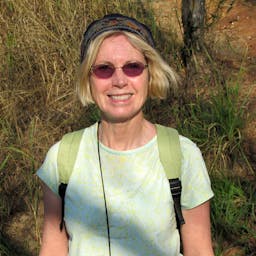My vision for women’s refugee microcredit and education project
Jan 21, 2015
Story
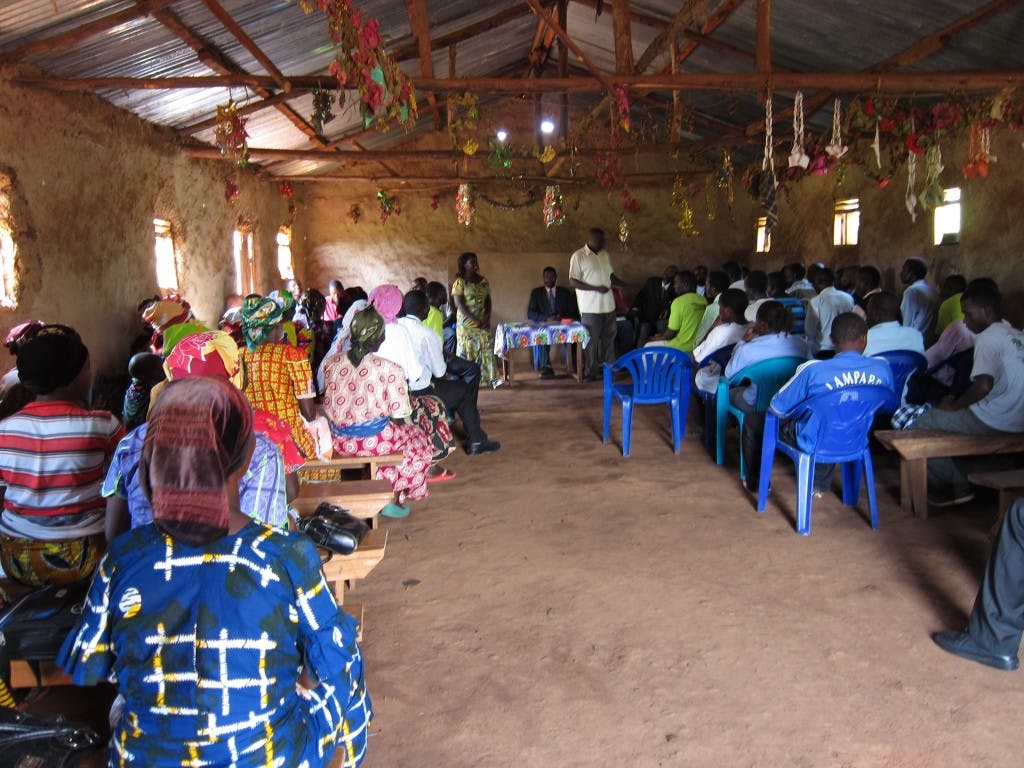
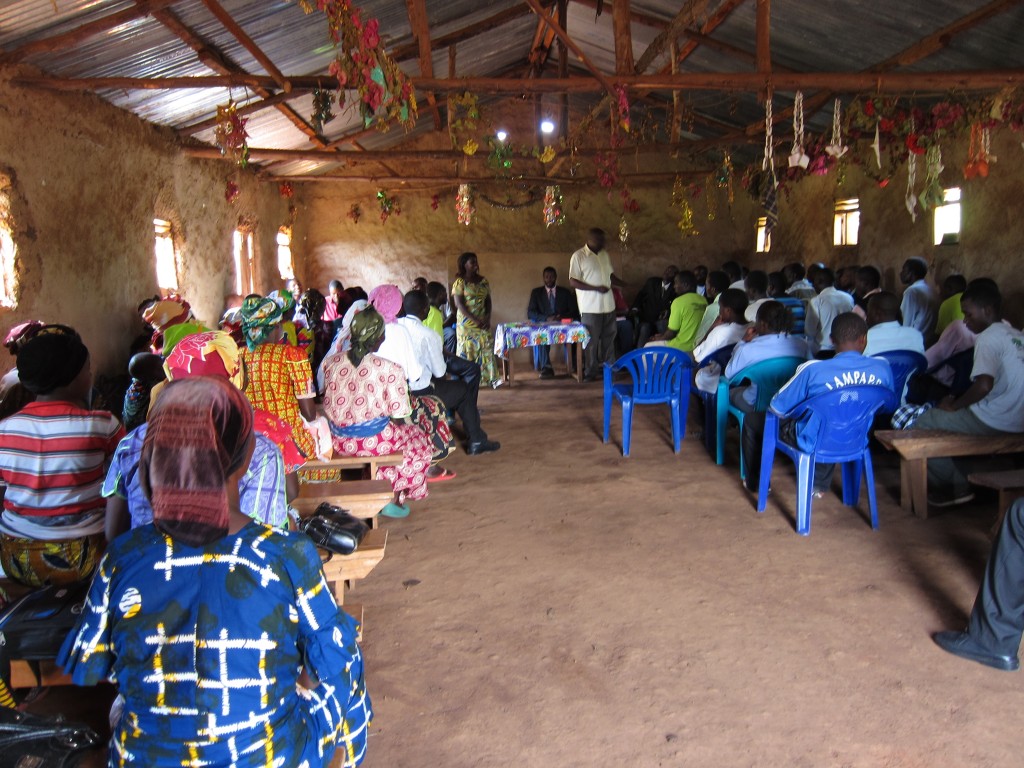
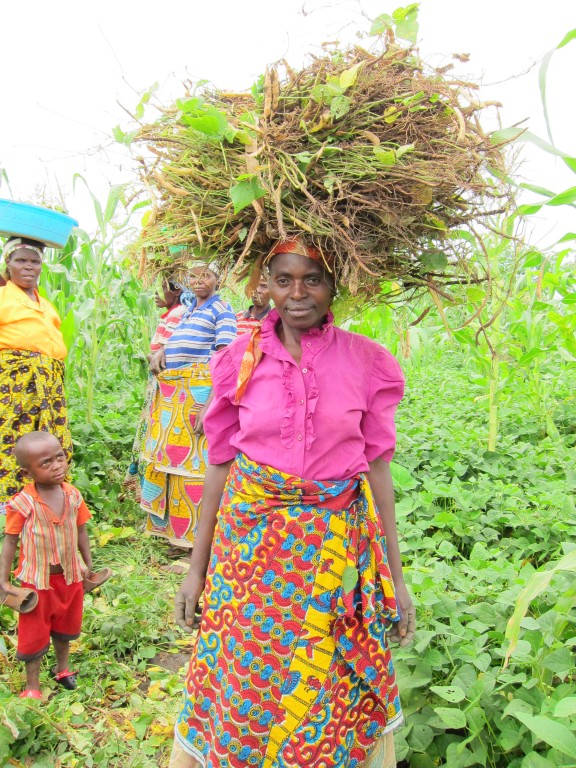
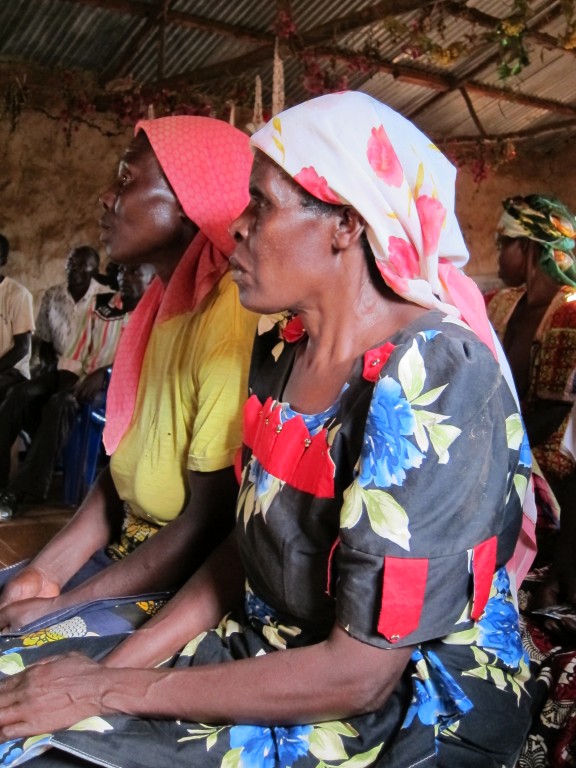
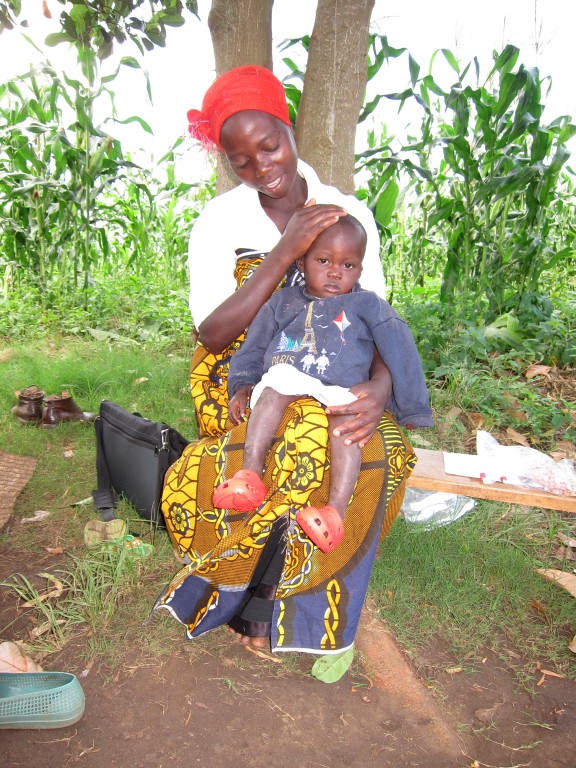
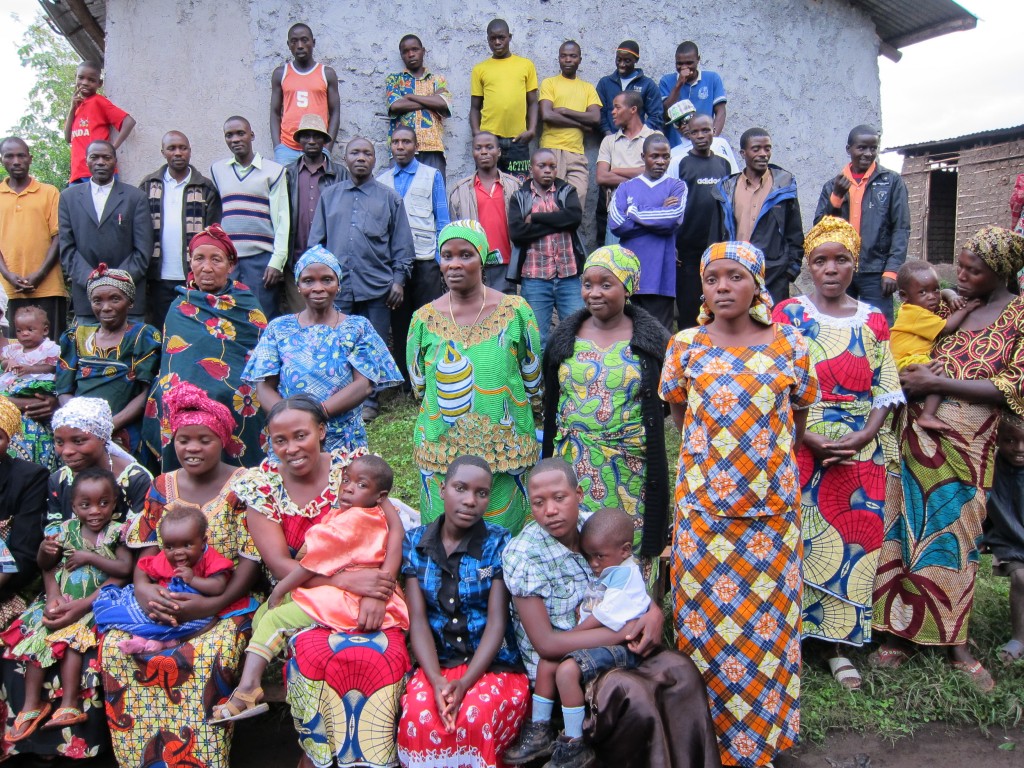
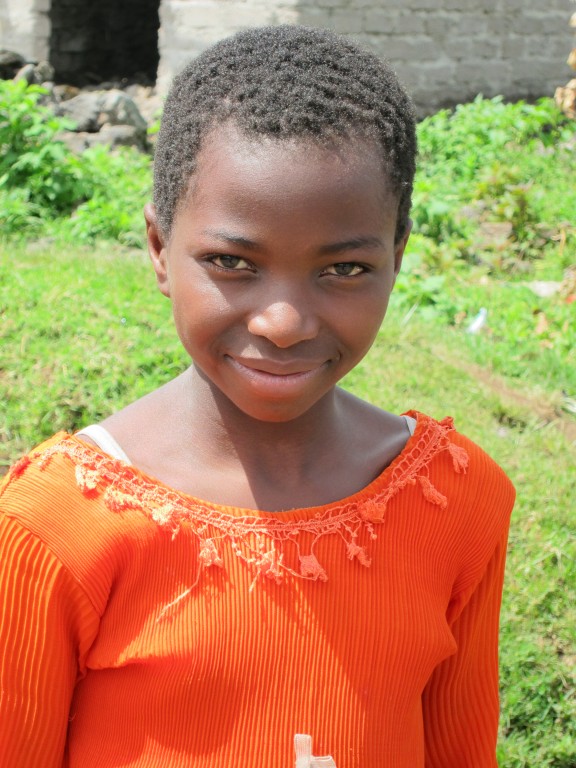
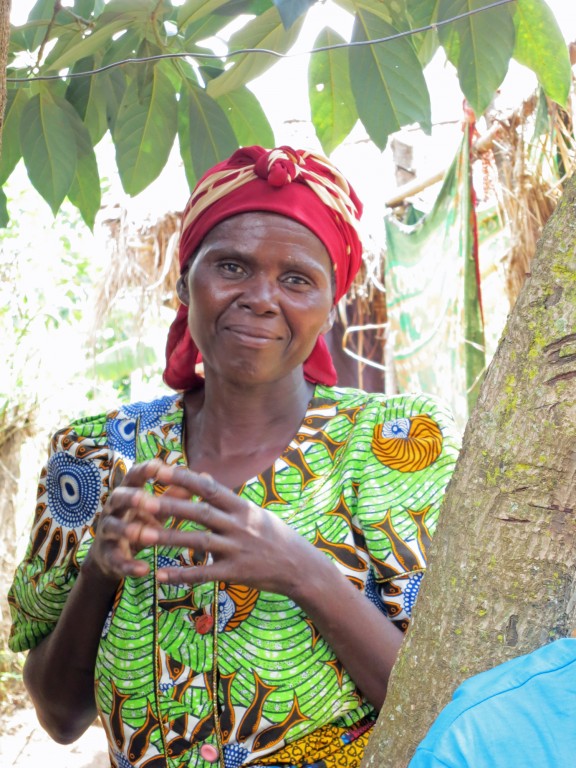
My vision is to help empower and give voice to the people in my community. My vision is for them have the opportunity to live beyond subsidence farming, to have enough economic security to afford food, medical care, safe housing, safe drinking water, education and more. As one lady said, as they’ve become stronger economically they “now have hope.” I’d like to see this continued.
I work with women Congolese refugees living in a settlement in Uganda. The women range in age from 21 to 68 years old. Using mostly my own money, I have given approximately 100 individual and group microcredit loans. The women meet regularly to advise, encourage and support each other. As they have worked together, repaid their loans and been able to improve their living conditions, they have gained confidence, taken leadership roles, sent their children to school, created farming co-ops, given their own small microcredit loans, and done community work.
Recently, they asked for adult education and currently we are in the planning phase of providing pilot classes for approximately 25 women. These classes are targeted for older adults who have, for the most part, “aged-out” of the opportunity to receive an education. These adults, especially women, are often overlooked by societies that focus mainly on the young. The classes given will include a speaking knowledge of English. This will allow them to better communicate and negotiate with buyers that come into the camp in large trucks to purchase produce such as maize, beans and rice at a low price. These buyers are able to buy produce cheaply because the women do not have the means to take the produce to the nearest town. My hope is that these classes can be given cheaply, which will allow us to reach more people and, if successful, that the classes be expanded within and outside the camp – maybe even to the DRC.
I want to give voice to these women by telling their stories. They are physically isolated, the Internet is not available, and the closest town is three hours away by taxi. Essentially no one but their family and friends know they exist. I have posted some information at http://www.peopleweaver.org but would like to improve my writing skills and expand my audience.
I want to tell the story of Sofia. Sofia is a leader in our microcredit group. She is approximately 45 years old and a widow. She fled the DRC in the 1990s with her surviving children after her husband and two older children were kidnapped and presumed dead. Since then Sofia has struggled with depression. Sofia arrived at the camp not knowing how she would provide for her family; she had never build a home or farmed. She has become a successful businesswoman (as compared to others in the community) and has been able to send her four surviving children to school. It was Sofia who asked that classes be offered to the women.
I’d like to bring information to the community from outside the camp, information that would help them interact with other individuals and organizations – for example, World Pulse. During our 2008 visit to Uganda it became clear to me how cut-off from world news they are. While we visited Obama’s inauguration took place. Everywhere we went people saw us and yelled “Obama.” There was extensive Obama coverage in the newspapers. Later, during a meeting I asked the ladies if they knew who Obama was. They all said no.
I want to be a Voices of Our Correspondent because the training and mentoring would teach me the skills to better report about my community and the various places I’ve traveled – including a 2011 trip to Bunagana, DRC. I’m sure my writing and speaking skills would improve along with my confidence. Having my journalism published and read would accomplish my goal of telling others about these people, but equally important it would increase awareness of our programs so we can form partnerships.
In closing, I will continue to listen to my community, ask them what they need – not tell them what I think they need. Remind them they are strong; encourage them to speak out and to lead.
